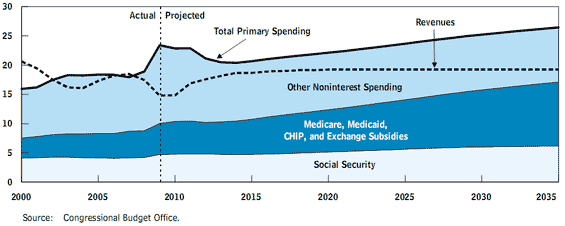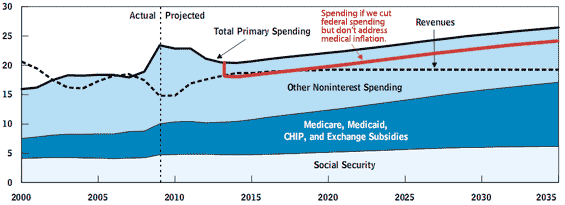On Feministe, I posted in reponse to Clarisse Thorn’s article on “The Backlash 2” about where activists should draw the balance between encouraging safe spaces and high-level conversation on the one hand, and not unfairly filtering out contributions from people who are privileged and/or aren’t as well-educated on the topic.
I referenced:
Kinsey Hope’s theory on the different kinds of strategies employed by commenters in arguments: the nuker, the appeaser, the the emoter and the logic bomber. From commenter Jadey at Feministe, a link to the introduction to her four-part series on the topic.
And also I Blame the Patriarchy’s recent post on a change in her comment policy which states, “This blog is goin’ dudeless. If you are commenting as a dude, don’t do it here,” the salient bit of which (in my opinion) is *as a dude* which implies the commenters’ presentation is being restricted, not the commenters’ chromosomes, gender identification, or genitalia.
Here’s my comment:
I’m a big fan of the idea that there should be a multiplicity of strategies and points of view. So, ideally, there should be forums where nukers are asked to take a gentler stance, and forums where nukers are permitted. There should be forums that draw the line for “is this a valuable contribution?” at well before 101, and forums that draw the line at the advanced calculus level.
They all have their benefits, and they all have their detriments, and the more different types of conversations that are happening and being engaged in, the more different kinds of ideas can be produced and shared.
I admit you’re more of an appeaser than I prefer. I like your work, and many of your thoughts, and I appreciate the consideration and time you put into your pieces. I feel I learn from seeing your perspective. I feel much the same way about I Blame the Patriarchy. Even if I don’t agree with your conclusions or hers (and sometimes I do, and sometimes I don’t), I’ve learned something by exposure to both.
I’m not particularly fond of arguments, though, that suggest all spaces should be similar in terms of how accepting/appeasing/101-friendly they are. Maybe that’s not what you meant to suggest, but it’s sort of how I read it. I think the balance you strike is a needed balance. But I also think more restrictive balances are needed.
To draw the comparison again to I Blame the Patriarchy, I actually think that her comment restriction (at least as I read it) is kind of brilliant–men are actually perfectly permitted to post as long as they don’t post about being men, since that’s not the topic of the space. I admit that her piece was ambiguous on the point, but that’s what I read her to mean based on her prior essays on the subject, in which she celebrates men’s contributions to the site, but says she finds it grating when someone takes the conversation to a place about “I, as a man, feel that the issue should really be X.”
It’s not that men’s perspectives on the issues are bad in general, but I think it’s okay to have a space where they don’t dominate the conversation. And it’s okay to have spaces where they do! I actually often think Alas, a Blog, where I write, would be much more successful as a space intended for male perspectives on feminism and positive constructions of men’s rights activism. However, the men I write with, who I feel are rather brilliant on these topics, have expressed that they don’t feel like they have time to create what would amount to a new movement, which is reasonable–they have lives.
Anyway, there’s room for that sort of forum (I would argue even deep necessity for it, since men really are restricted by some of the kinds of things MRAs don’t ever manage to productively talk about), and there’s room for I Blame the Patriarchy’s comment policy, and there’s room for places that do both, or some mixture.
(Aside: Unfortunately, I think I Blame the Partiarchy’s comment policy is doomed to failure for the simple reason that the commentariat is kind of a clusterfuck. There’s poisonous privilege of the kind that I really don’t think is okay anywhere, as per the threads on trans rights. A few years ago, I had brief hope that the commentariat was going to explode out all their nasty and then start to improve, as happens sometimes, but it never seemed to happen there. Not that there isn’t signal there, sometimes, but there’s a lot, a lot of noise.)
I’m not trying to say (as I believe you are also not trying to say) that there are never lines where behavior is unacceptable. I’m not really chill with any social justice forum that permits the kinds of comments about trans people that are regularly written at IBTP. I guess I might be forced to admit that it might be okay in some kind of no-moderation community where the goal was antithetical to moderation, because I do believe that there’s probably something to be gained from those conversations just as there is from controlled ones, but permitting that kind of poison is, IMO, antithetical to stated social justice goals.
Anyway. To analogize it to a class discussion, some professors direct a lot, some a little, some not at all. On either end, the discussion can be impaired by too little or too much direction. But even the extremes work for some people, produce a conversation that might not happen in the same way if a different technique was used. And on the internet, where we do not lack for classrooms, I think it’s great for many different strategies to be embraced.
So, basically, both/and please. Nukers and appeasers. 101 conversation and level 1 conversation and the kind of conversation you only get at conferences with experts. And lots of room for people to pick which settings they want to be in.














Corso, what caught my eye was: The doctor was worried about my kidneys with what I’m on, and I get…